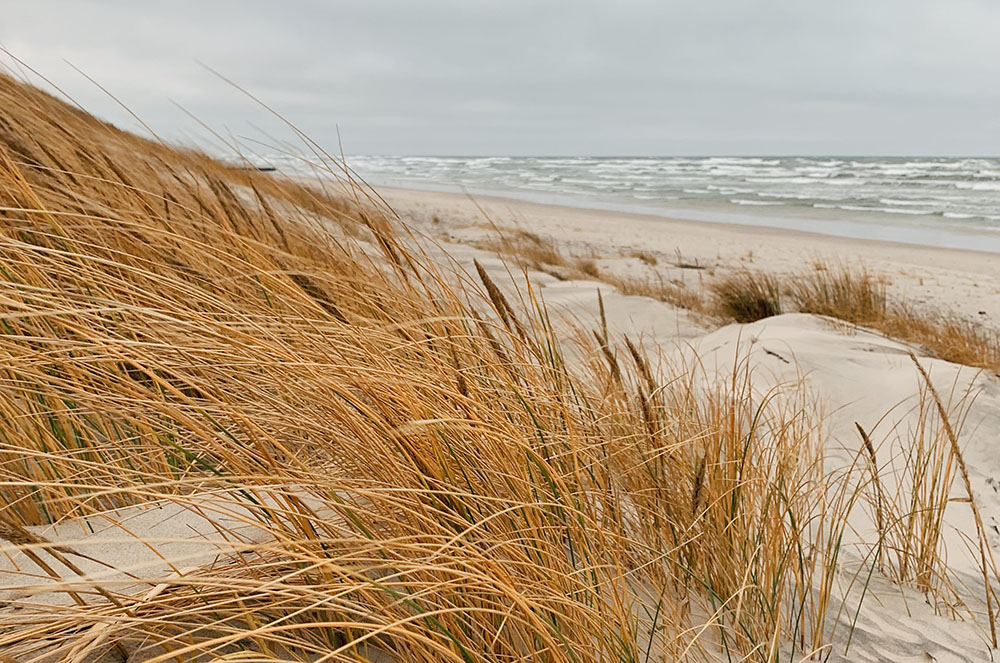Researchers: Metal extraction in the Baltic Sea inappropriate

As the demand for different metals such as silicon and cobalt increases, so does the need to extract them in different ways. One method is to 'vacuum the seabed'. New research from KTH Royal Institute of Technology shows that metal extraction in the Baltic Sea is a bad idea from a sustainability perspective.
The discovery of metal deposits in the sea has given rise to mining claims on seabeds around the world. Earlier this year, for example, the Swedish Geological Survey (SGU) granted permission for companies to exploration in the Baltic Sea, over a larger area than before.
Heavily contaminated
However, a new study by researchers at KTH Royal Institute of Technology shows that metal extraction can have negative consequences for the marine environment, such as the destruction of natural landforms below the sea surface and the fauna that depend on them, as well as the production of of huge sludge plumes that disturb marine plants and wildlife.

"Large seabed areas in the Baltic Sea, such as around the Gotland Basin, are heavily contaminated by cadmium, mercury and lead. Mining will create very large sediment clouds that can travel several hundred kilometers and reach different shorelines and upper water layers on a time scale ranging from a few weeks to years," says Bijan Dargahi, docent and guest researcher at KTH Royal Institute of Technology and the person responsible for the research work.
Contaminating fish and marine life
The research work, which resulted in the scientific article "Environmental impacts of shallow water mining in the Baltic Sea" in the journal Frontiers, shows that the dispersion of particles can destroy habitats and thereby contaminate fish and other marine life.
According to Bijan Dargahi, mining and metal extraction on the seabed is currently receiving a lot of attention in international research and industry research and industry at the international level, not least because of its negative impact on marine ecology and its habitats. However, the problem is more serious in the Baltic Sea than in other waters due to the deteriorating health of the inland sea.
"Alarmingly, companies seeking to extract metals are advocating seabed mining as a solution to the serious problem of oxygen depletion on the seabed. This is without scientifically substantiating the claims made. This also raises the question of how mining permits are granted to companies", says Bijan Dargahi.
Bijan Dargahi adds that the researchers' study is unique, the first of its kind, and is based on advanced modeling.
Text: Peter Ardell
For more information, contact Bijan Dargahi at bijan@kth.se.
Footnote: The article has been updated on November 28, 2023 to reflect that Bijan is a guest researcher at KTH.
